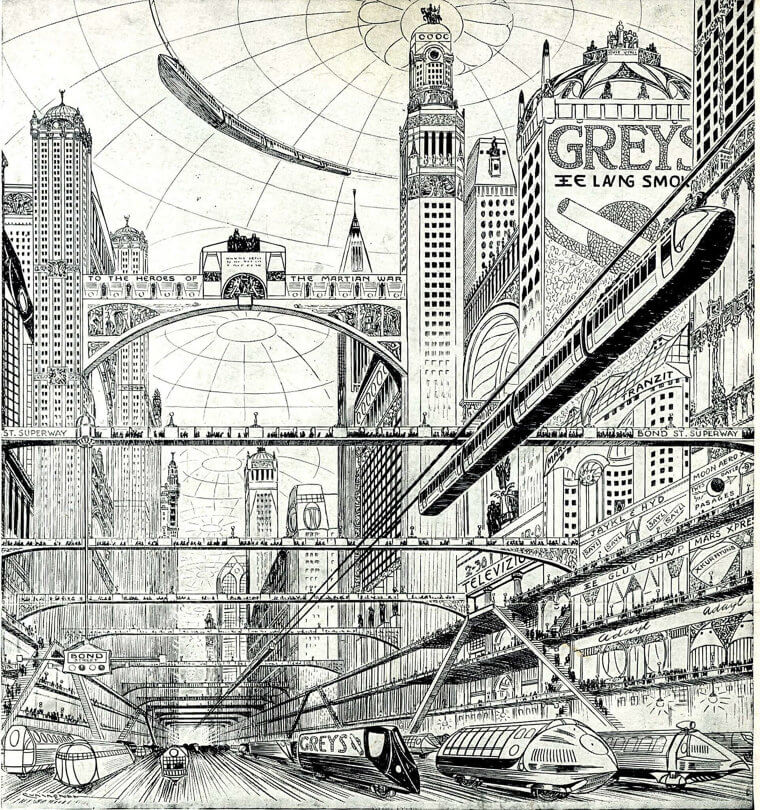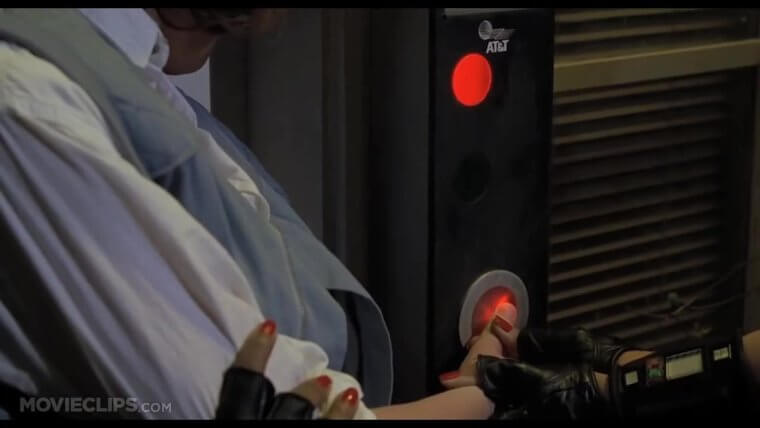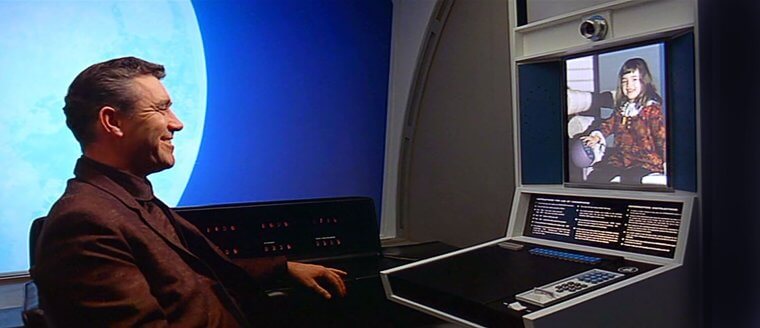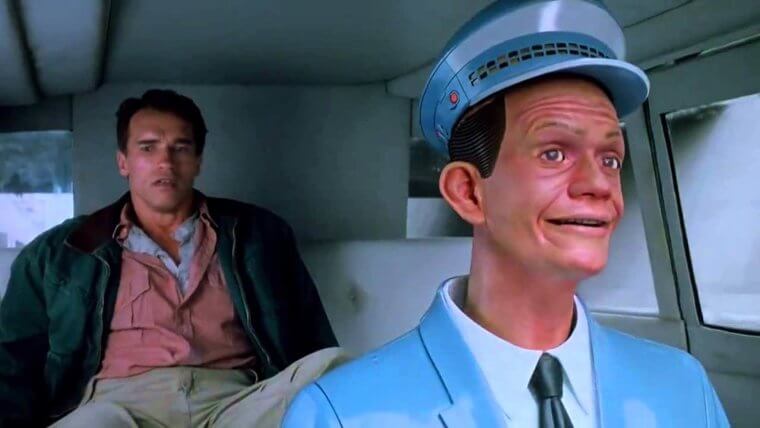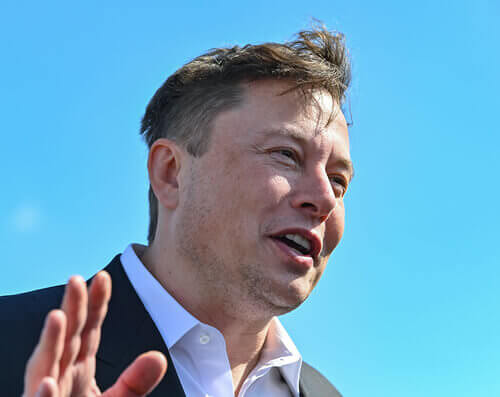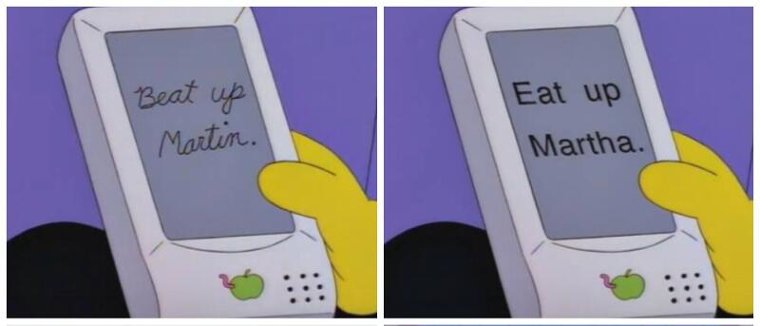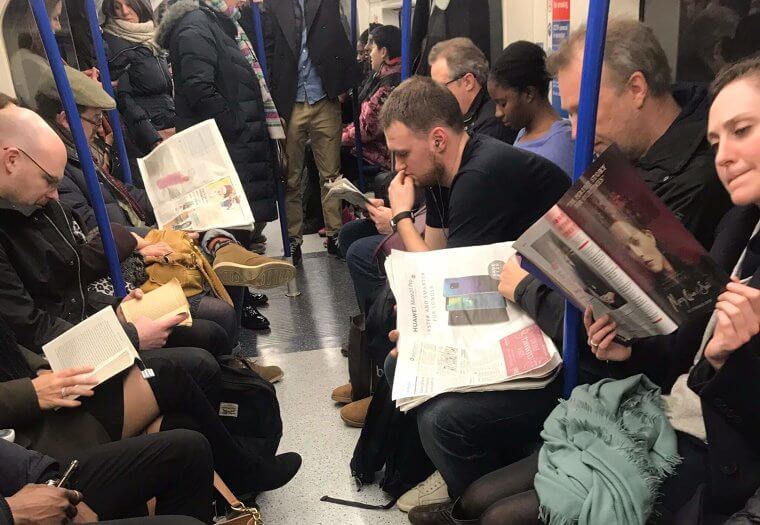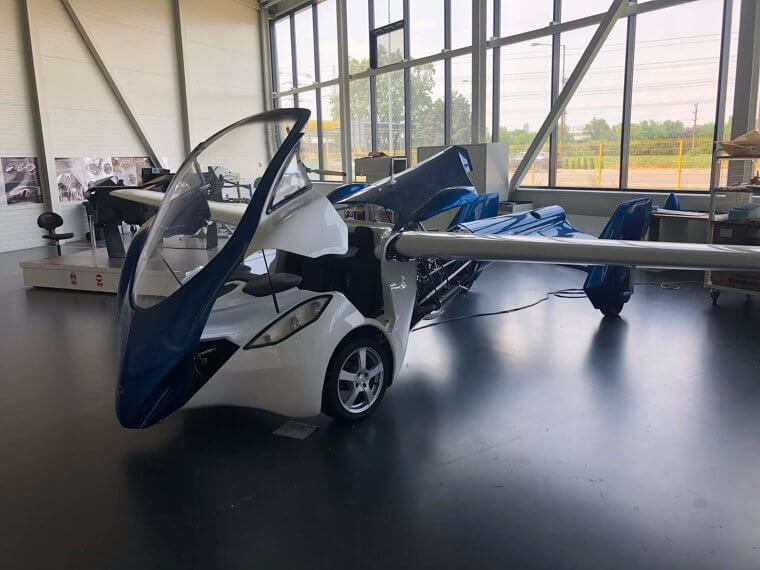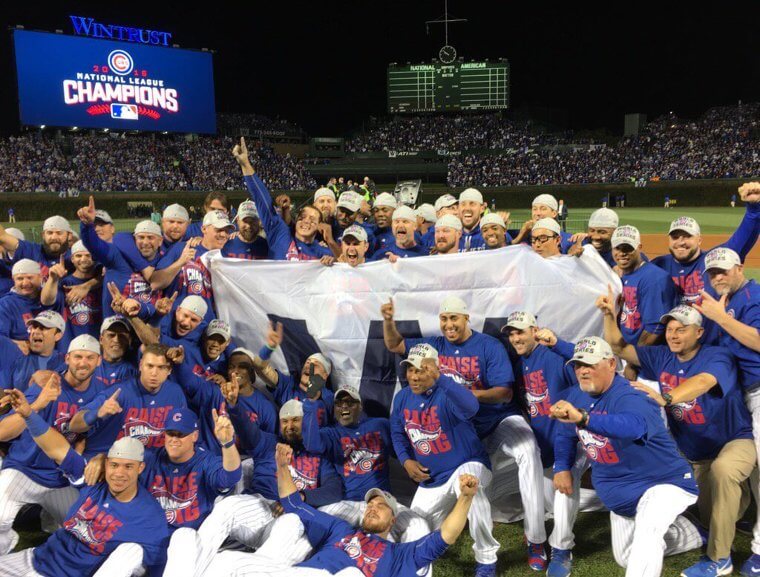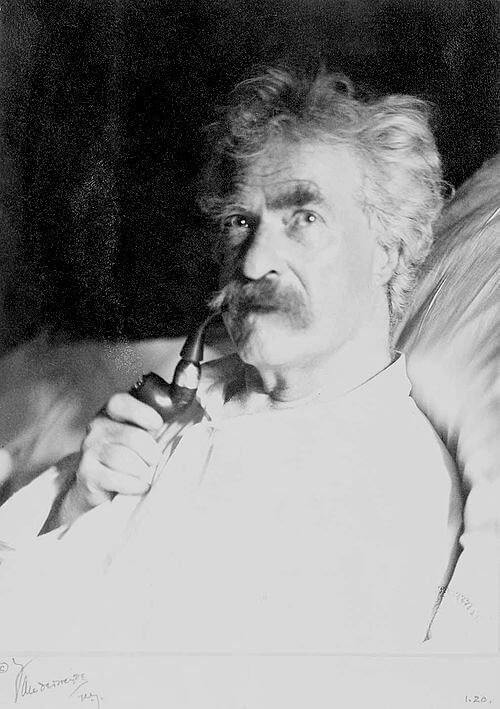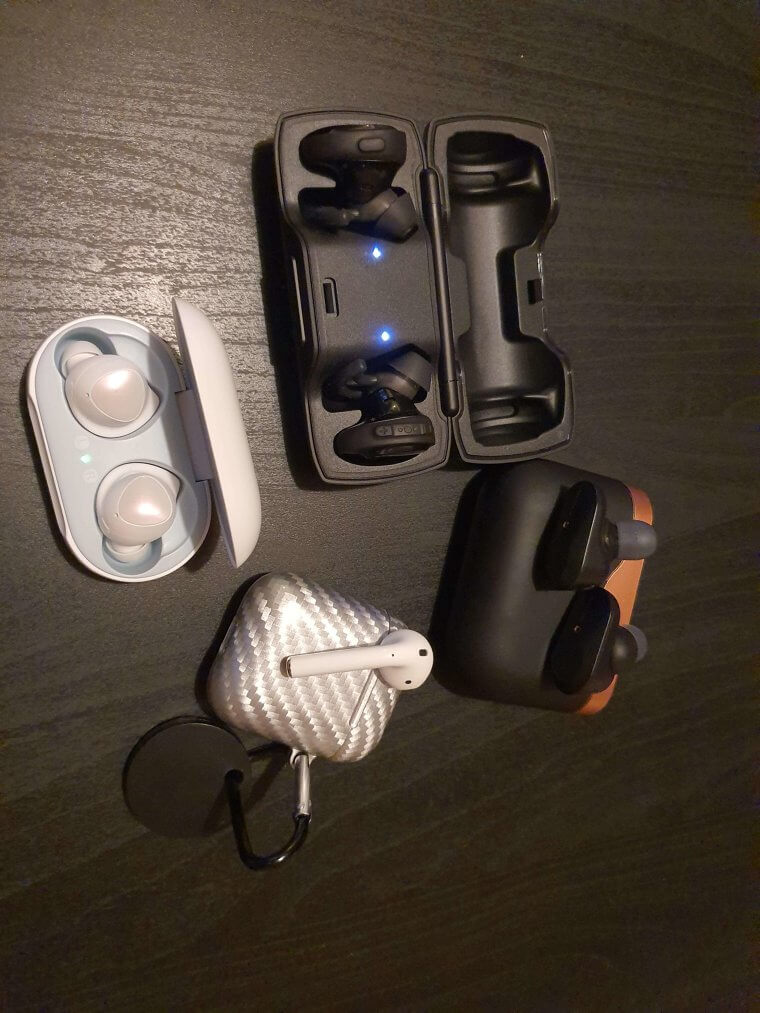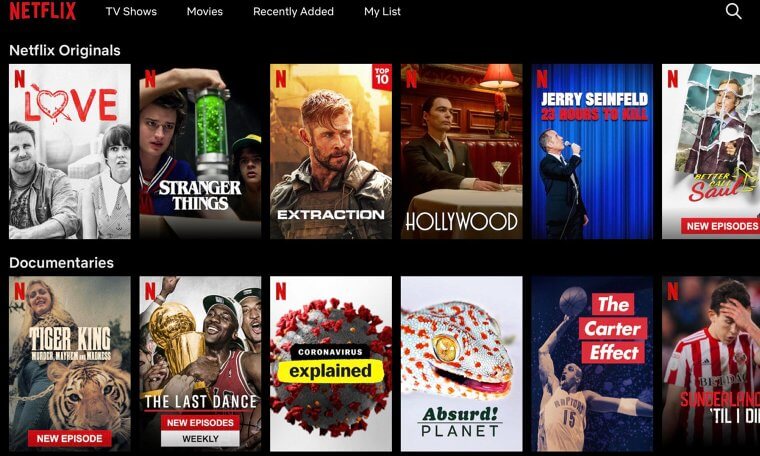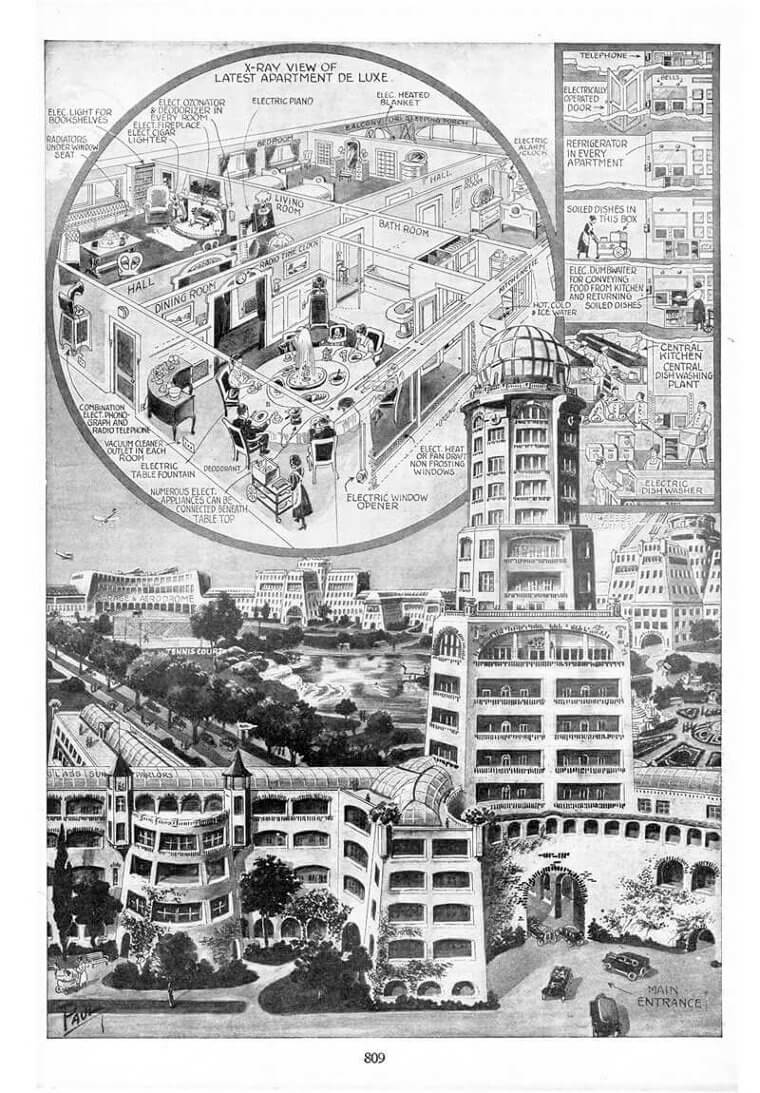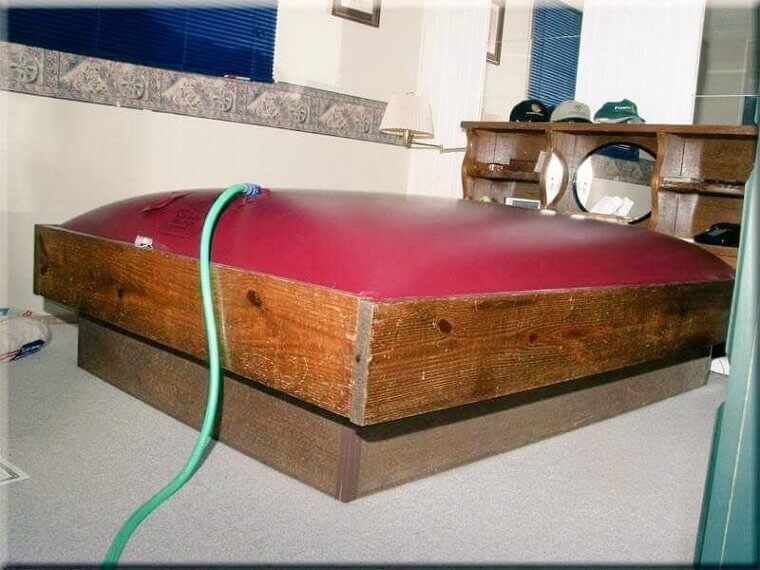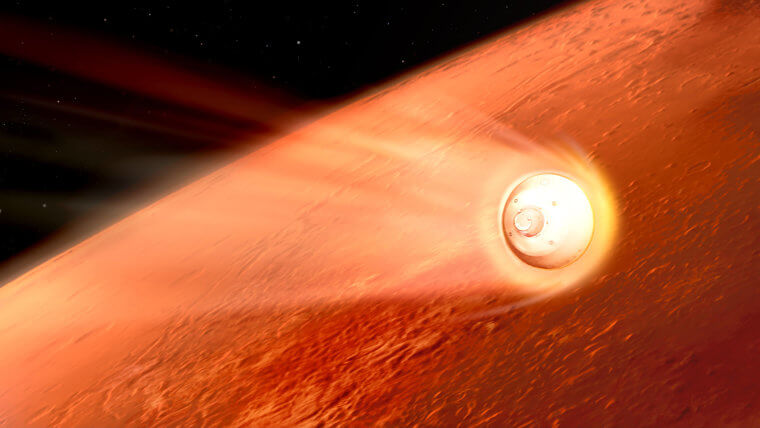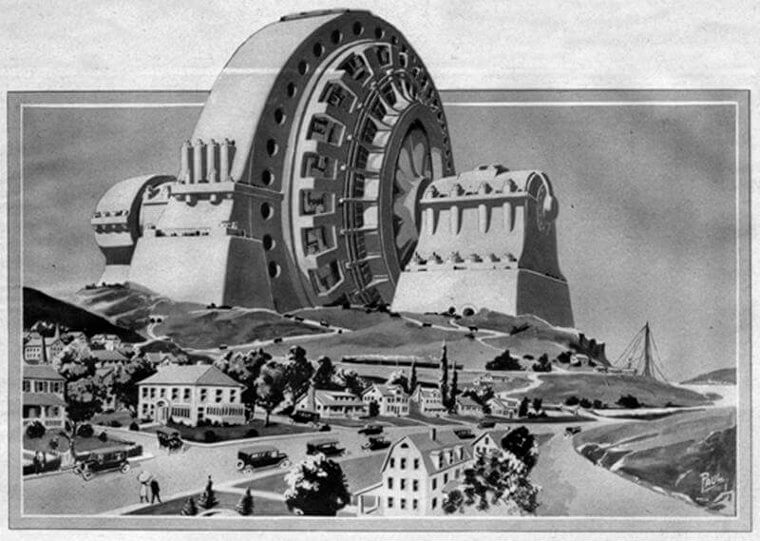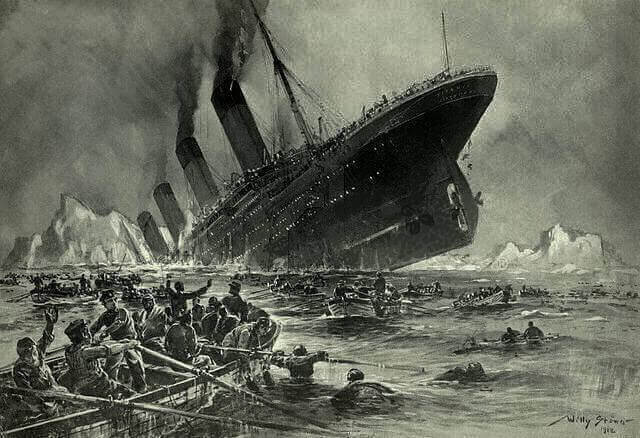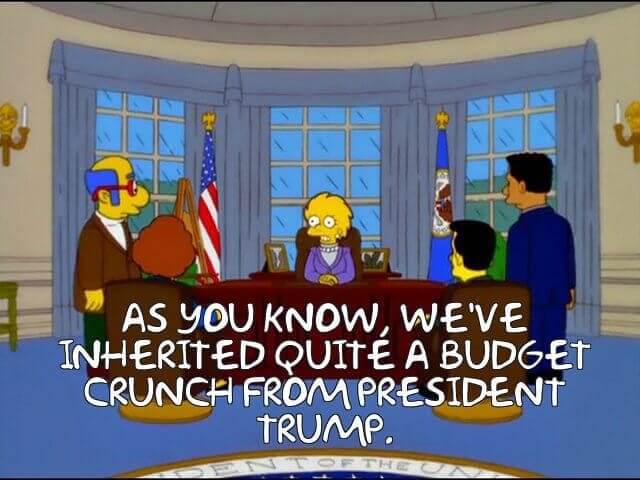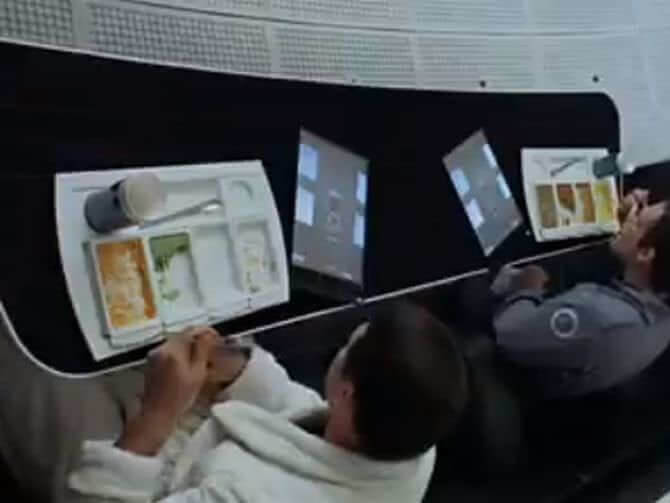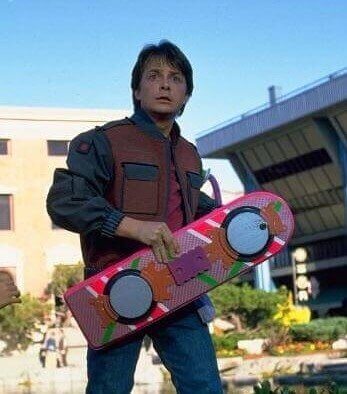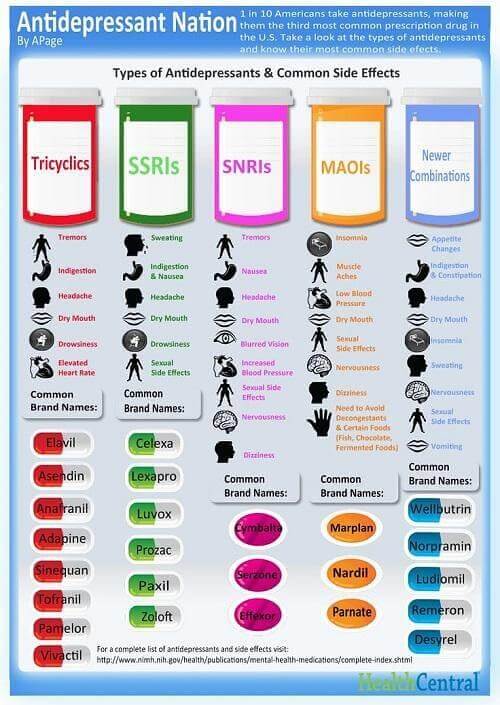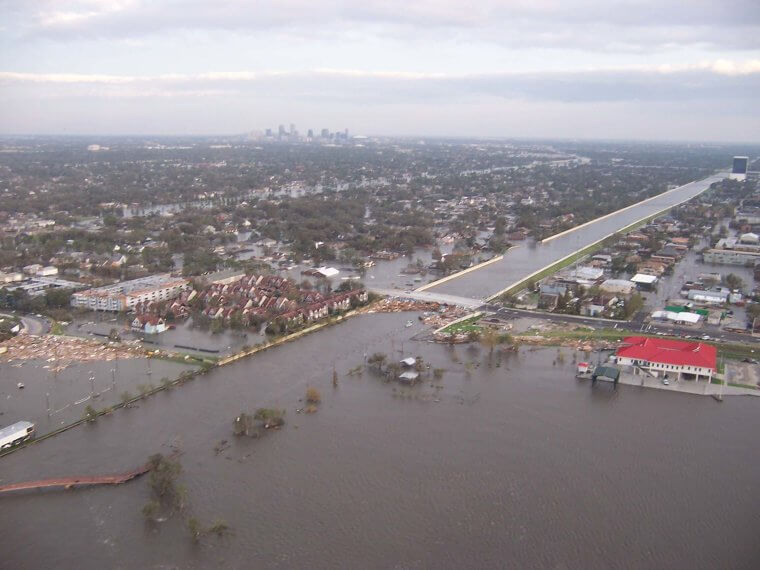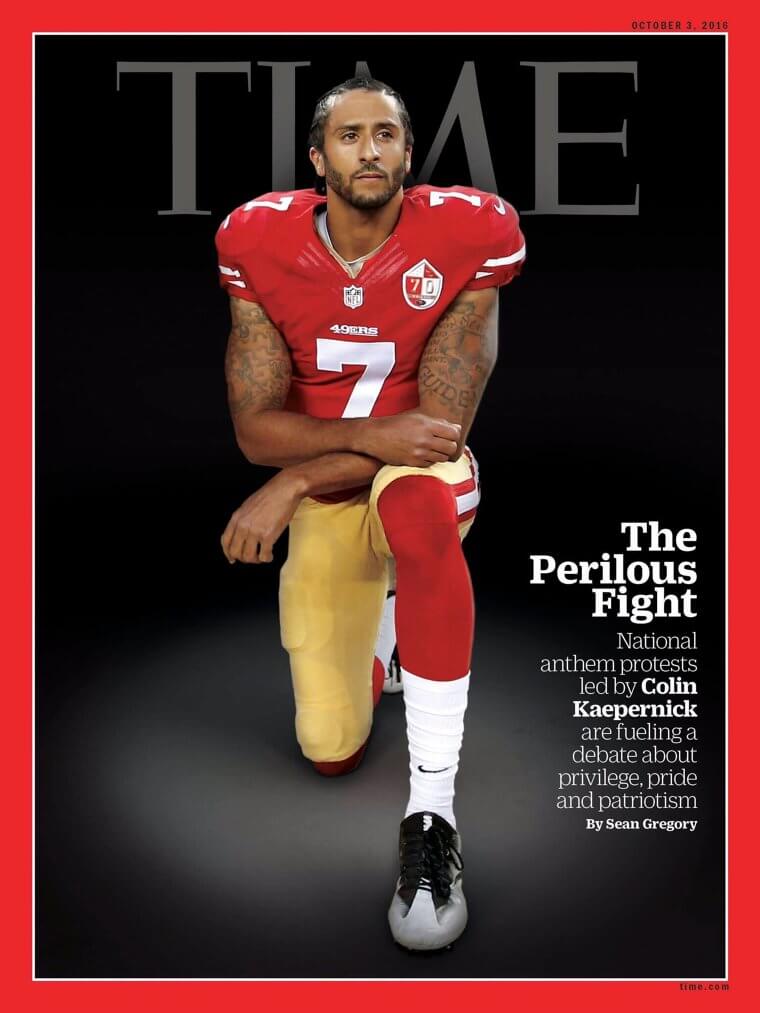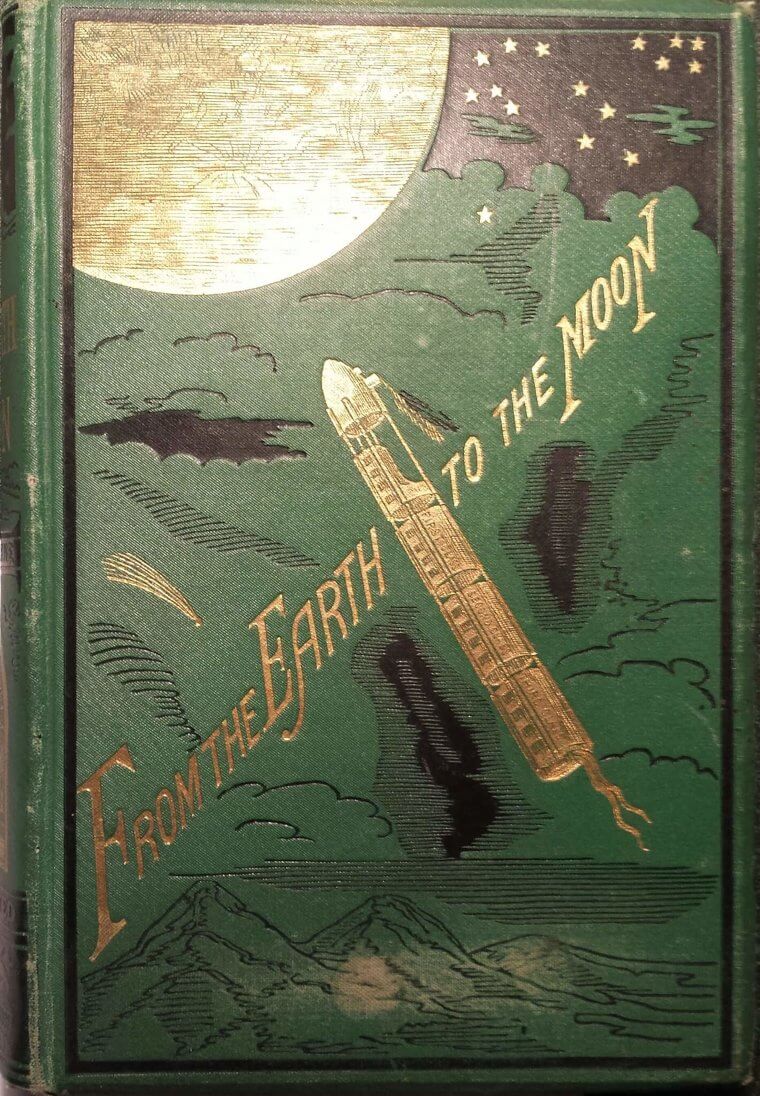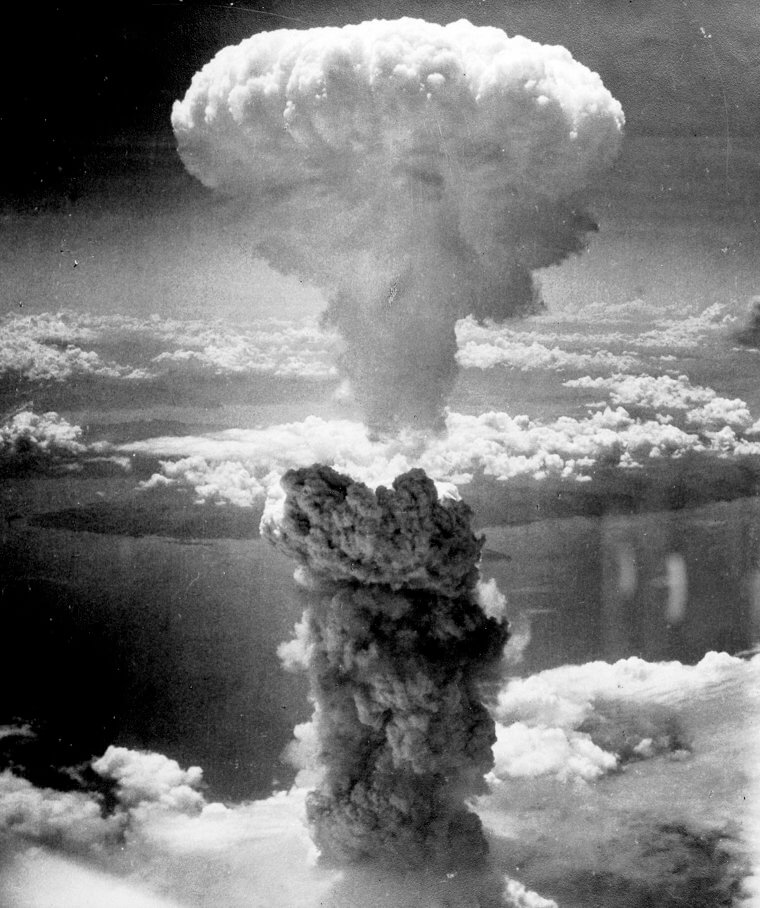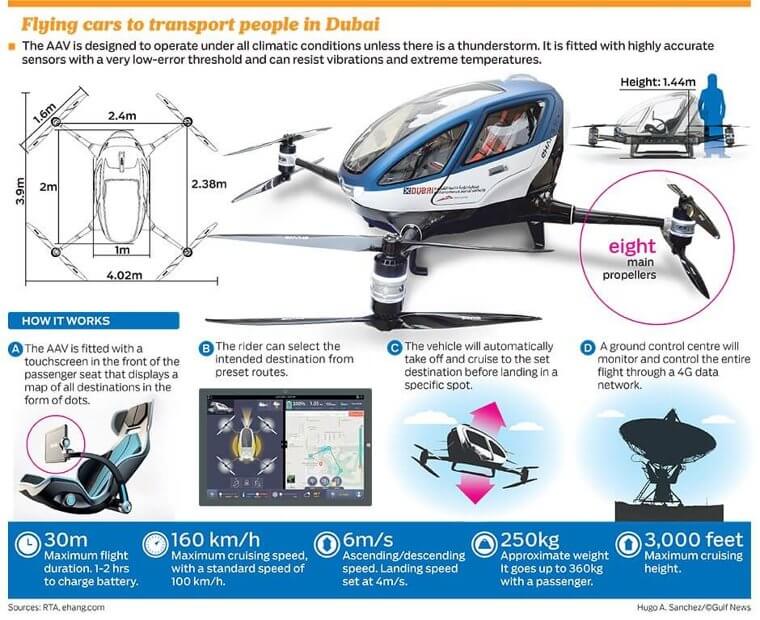"Welcome To The Thunderdome!"
In the 1920s, Grey's Advertisements put out an image depicting what they believed the world would be like in the year 2,500. This futuristic world included domed cities that weren't affected by the weather.
For decades, the idea of a domed city seemed as crazy as the idea of flying cars, however, in recent years, Dubai has announced its plan to construct a climate-controlled domed city, which is aptly named "The Mall Of The World" and will cover more than 48 million square feet.
"Welcome Home"
Back in 1985, there was no way that the creators of "Back To The Future" could have ever imagined how accurate some of their predictions about the future, from the sequel, were going to be.
In a scene from 1989's "Back to the Future Part 2", unbeknownst to them, the police take "modern-day" Jennifer to future Jennifer's home. Once there, they use her fingerprint to unlock the door and gain access to her future self's home. We might not have fingerprint door locks for our homes, but we do have them for our phones and cars.
"You're Frozen, Can You Hear Me?"
When Stanley Kubrick and Arthur C. Clarke's science fiction masterpiece, "2001: A Space Odyssey", was released in 1968, there were many things about the film that seemed to be too far-fetched to become reality. For instance, there's a scene in the film that has one of the main characters, who happens to be on a spaceship in outer space, video calling with his family back on Earth.
That doesn't seem quite so far-fetched anymore, does it? In 2003, not even 50 years after the film's release, Skype went live and video calling through the internet became a reality.
"Moving Time"
"...the house of the future would have no roots tying it to the ground...", were the words of, science fiction writer, Arthur C. Clarke in 1966. He envisioned a world of houses without pipes or foundations...
Clarke wasn't far off. BOXABL homes are homes that come in boxes. They are delivered to the place where the home is to be set up and systematically unfolded into a house. Recently, it has been rumored that minimalist billionaire Elon Musk has purchased one of these $50,000 dollar homes.
"Cohaagen!"
The 1990 sci-fi action thriller, "Total Recall", starring none other than Arnold Schwarzenegger, made some pretty interesting predictions about what life would be like in the year 2084. Aside from the idea that people will have colonized Mars (which seems to have been a rather common prediction), "Total Recall" also prophecized the use of driverless vehicles.
Although self-driving (autonomous) cars haven't been perfected quite yet, the Waymo Chrysler Pacifica Hybrid, which is being tested in the San Francisco Bay area, has shown quite a bit of promise. There are still another 63 years until the year in which Total Recall took place, so chances are this is another prediction that will probably come true.
"Brewed To Perfection Every Time"
At the New York Word's Fair in 1964, among his many predictions, science fiction writer Isaac Asimov stated that he believed that by the year 2014, the world "will have few routine jobs that cannot be done better by some machine than by any human being."
Although we do not have robot maids like Rosie from "The Jetsons", we do have plenty of electrical appliances that do many of our menial tasks for us. Seriously, what would we do without coffee machines?
"#therealprinceodoyevsky"
Prince Vladimir Odoyevsky was a musician and a philosopher, but it was his dabbling as a science fiction writer that resulted in some of his most accurate predictions. His novel "4338" was written in 1837 and was intended to give readers insight as to what the Prince thought the world would look like 2,500 years from when it was written.
In the novel, Odoyevsky predicts the invention of something similar to the internet, when he mentions the idea that in the future, "Houses are connected by means of magnetic telegraphs that allow people who live far from each other to communicate..." The Prince also predicted blogging (or Twitter) when he wrote, "We received a household journal from the local prime minister..."
"Capture The Moment"
In 1900, John Elfreth Watkins predicted that "Photographs will be telegraphed from any distance. If there be battle in China a hundred years hence, snapshots of its most striking events will be published in the newspapers an hour later...photographs will reproduce all of nature's colours."
Watkins was not wrong. Digital photography hit the mainstream in 1999, and every day we send pictures to friends and family around the world. The one thing that Watkins got wrong was that it doesn't even take an hour for photos to be published. Mere minutes after a photo has been taken, it has the potential to have already gone viral.
"What's In A Name"
In 1953, Wernher von Braun's book "Mars Project: A Technical Tale" was published. Until recently, this book has been just that, a book. But now, thanks to the work of billionaire, Elon Musk, it is being looked at in a whole new light.
In the novel, Braun predicts that a man named "Elon" will lead humankind to Mars and give himself the title of "Martian Emperor". In October of 2020, Elon Musk announced that through his SpaceX program, humankind will step foot on the red planet by the year 2024. He hasn't called himself the "Martian Emperor" yet, but all the signs point to Braun's prediction coming true.
"Not Even Close!"
One of the boldest predictions that have been made in the past 4 decades was by a man named Clifford Stoll. In 1995, he predicted that the internet would not last past 1996 because "hardware and software will all top out in the mid-90s and, thus the Internet will never ever get any more user friendly or portable."
This is one prediction that was WAY off. Not only is the internet still going strong, but more than 65% of the world's population (4.66 billion people) currently have access to the World Wide Web. And as far as becoming more portable, 54.6% (4.28 billion people) have access to the internet via mobile phones, and devices have never been more user-friendly than they are today.
"Duck Off"
"The Simpsons" are not only the longest-running primetime show in television history, but its writers have also been able to predict quite a few things about the future. In a 1994 episode, when one of the school bullies, Dolph, was attempting to write himself a memo in his new palm-pilot, he experienced one of the frustrations that the rest of humanity wouldn't understand for another decade or so.
Auto-correct has led to some unfortunately amusing situations for people over the years, and it was "The Simpsons" that put the idea of it out into the universe. Thanks for muffin' Dolph.
"What's On The Tube?"
In one of its prediction pieces from 1951, TIME magazine published an article by one of its writers that suggested that "By the 21st century our people doubtless will be squint-eyed, hunchbacked and fond of the dark..." Furthermore, in regards to the future generation's literacy, he goes on to say "...Chances are that the grandchild of the Television Age won't know how to read this."
In recent years, due to their accessibility, more time has been spent than ever on things like video games and binge-watching television programs, instead of reading books or magazines. And let's face the facts here, people are more squinty-eyed and hunchbacked than they were 70 years ago.
"Eye In The Sky"
In "Back To The Future Part 2", police officers patrol the skies of 2015 Hill Valley. As mentioned earlier in this article, at one point, a few of these officers drop Jennifer off at home and use her fingerprint to let her inside.
Police-patrolled skies are not as far away as one might think. There is currently a unit of police officers in Dubai who are being trained on how to safely operate flying police vehicles in order to watch over the city from above.
"It Might Be, It Could Be...It Is!"
"Back to the Future Part 2" (1989) predicted many things about the future (our past) rather accurately, however, when it comes to the film's prediction of the Chicago Cubs winning the World Series in 2015, the film's prediction was a year early.
The film franchise might have been off by a year, but a high school student, in 1993, was bang on. For his senior quote in the yearbook, Michael Lee wrote "Chicago Cubs. 2016 World Series Champions. You heard it here first." 23 years later, the Cubbies proved Lee correct and ended their championship drought at 108 years by winning it all in 2016.
"Sure, Whatever. Wait, What?"
In his novel, "Brave New World", although it was written in 1931, Aldous Huxley predicted the endless distractions that people would have at their disposal in order to help them pass the time free of any boredom...or opportunity for independent thought.
I think it's safe to say that between cell phones, video games, and streaming services, there's not a whole lot of time left over for the people of today, much like those in the novel, to do much of their own thinking.
"Off By A Day"
Many predictions that people make about their own lives or when and where they think they'll die are way off. In 1909, famed writer Mark Twain famously wrote "I came in with Halley's Comet in 1835. It is coming again next year, and I expect to go out with it. It will be the greatest disappointment of my life if I don't go out with Halley's Comet."
Every 75-76 years, Halley's Comet passes close by the Earth. On April 21, 2010, one day after the comet passed as close to our planet as it would for the next 75 years, Mark Twain passed away. I suppose some things are just fated to happen.
"Sounds About Right"
In Ray Bradbury's 1953 dystopian novel, "Fahrenheit 451", the characters use "thimble radios" and "seashells" that are placed in their ears in order to hear the transmissions properly.
When wireless earbuds hit the shelves in the mid-2010s, Bradbury's prediction finally came to fruition. Sadly, in 2012, he passed away just 3 years before seeing them himself.
"Let's Binge!"
Famed film critic Roger Ebert predicted the future of home cinema when, in an interview with Omni Magazine in 1987, he said, "We will have high-definition, wide-screen television sets and a push-button dialing system to order the movie you want at the time you want it. You'll not go to a video store but instead, order a movie on demand and then pay for it."
It took a little more than 2 decades, but Ebert was not wrong. Between Netflix, AppleTV, Prime Video, and countless other services, today, more than 1 billion people worldwide have subscribed to, at least, one streaming platform.
"Electric Storm"
In the 1920s, Frank R. Paul illustrated a series of photos that were meant to show what the world could be like in the future, thanks to technology, of course. Here is a photo of what a "futuristic" apartment was believed to have been on pace to become.
Looks pretty much like most homes nowadays. From the electric-heated blanket to the electric sockets in every room, almost every one of these predictions has come true. That is, all except for the electric table fountain. Not that it couldn't be done, it just seems like more trouble than it's worth.
"Permission To Come Aboard?"
In his 1961 novel, "Stranger in a Strange Land", Robert Heinlein wrote about waterbeds before they had been created, when he stated that a "patient floated in the flexible skin of the hydraulic bed."
The first waterbed to make it big commercially was created in 1968, 7 years after Heinlein's novel was published. It goes to show that putting an idea out into the world is the only way for it to one day come to fruition.
"The Red Planet"
In August of 1877, the two moons of Mars, Phobos, and Deimos, were discovered by astronomer Asaph Hall. Although Hall may have discovered the moons, it was one of the very first novelists, Jonathan Swift, who first wrote of the idea of Mars having two moons, no less and no more.
More than 150 years earlier, without any proof to back up his writing, Jonathan Swift wrote about Laputa scientists in his novel from 1726, "Gulliver's Travels", who come across "two lesser stars, or satellites, which revolve about Mars."
"Missed A Spot"
Tired of meaningless housework taking up significant amounts of time that could have been used for inventing, in 1979, inventor Frances Gabe unveiled a model for what she had imagined a self-cleaning house to look like. The only life-sized version of the house that ever came to fruition was the one that Gabe lived in herself.
Thanks to Roombas, dishwashers, washing machines, and a little bit of human assistance, Frances Gabe's vision of self-cleaning houses wasn't that far off.
"A New Era"
Throughout history, humanity has been known to build enormous monuments in order to help our legacies live on, and in the case of many of them, bewilder future generations as to how, or why, these monuments have been built. In 1922, Hugo Gernsback had an idea as to what our Era's monument would be...
Gernsback thought that a one thousand foot tall tribute to technology wasn't just what humanity needed, but also what it was destined to build. Hugo wasn't that far off. Although Apple Park is also a place of business, with a diameter of 1 mile in length and taking up an astonishing 2.8 million square feet, it truly is a monument for future generations to marvel at.
"Titans Of The Sea(bed)"
Morgan Robertson wrote a novella in 1898, about an "unsinkable" ship that struck an iceberg and sank. The name of the novella was, "The Wreck of the Titan or Futility".
Fourteen years later, on April 15, 1912, tragedy struck when, a non-fictitious, "unsinkable ship" struck an iceberg in the Atlantic and sank, taking with her the lives of more than 1,500 passengers who were on board. The name of that ship was, of course, the Titanic.
"Why'd They Have To Get This One Right?"
Over the 32 seasons that "The Simpsons" have been part of our lives, the show's writers have made more than a few accurate predictions about the future. One prediction that really got people talking was about the man who would precede Lisa as President of the United States.
In March of 2000, an episode of "The Simpsons", entitled "Bart to the Future", predicted that "The Donald" would be president. During the episode, we learn that, at least, some of Lisa's presidency was to be spent fixing what President Trump had done to the budget during his term. It can only be assumed that the budget crunch was the result of too many golf trips.
"The Future Is Now"
The 1979 book, "Future Cities (The World of the Future)", by Kenneth Gatland & David Jefferis made quite a few predictions about what life would be like by the year 2100. Included in these was the crazy notion that we would have television screens for walls in our homes...
We might not have floor-to-ceiling screen walls in every home, however, we do have projectors. With the capability of projecting a video the size of a wall, and in 4K quality, it looks like Gatland and Jefferis weren't too far off.
"It's Not Over Until It's Over"
In 1917, the man who was responsible for inventing the telephone, Alexander Graham Bell, wrote about a "sort of greenhouse effect" that would be caused by burning fossil fuels." And also that "the net result is the greenhouse becomes a sort of hot-house." Well, he wasn't wrong...
Today, we call this "global warming", and because of global warming, more than 1.2 trillion tons of ice are melting every year, and according to experts on the matter, we are on the brink of the proverbial "point of no return". It turns out Alexander Graham Bell wasn't just a great inventor, he was a bit of a seer as well.
"Extra! Extra! Read All About it!"
In 1968, Stanley Kubrick helped to bring Arthur C. Clarke's novel, "2001: A Space Odyssey" to life on the big screen. In doing so, the two gave the world a sneak preview of what a modern-day tablet would eventually look like, 4-decades before they would become commercially successful.
In the novel, Clarke introduces the "Newspad". A handheld device on which the characters were able to view and read the news. Sounds a little familiar, doesn't it?
"Hoverboards Don't Work On Water"
The Back to the Future franchise has introduced us to so many cool things over the years. One of the inventions from the franchise that fans have been waiting patiently for, other than the Delorian time machine, is the hoverboard. And it looks like we might not need to wait much longer...
In 2014, Tony Hawk took the world's first working hoverboard for a spin, and the session did not disappoint. Although we're still a few years away from hoverboards being as commercially popular as they were in the 1989 film, with every passing year we are getting closer and closer to this dream becoming a reality.
"A Pill Fits All"
In 1956, Swiss doctor Francois Ody prophecized that a "substance which, in the form of a capsule, will capture the sources of energy that will bring recovery within hours". But what exactly did he mean by this?
That's right, Ody's prophecy was that there would be a miracle pill that, when ingested, would be able to help heal all ailments, including broken bones and mortal wounds. To our knowledge, such a pill has yet to be invented, but who knows what the future of medicine has in store for us...
"Mother's Little Helper"
In 1932, Aldous Huxley's dystopian masterpiece, "Brave New World", was published, and with it, an all too accurate blueprint of what today's society would look like was given to the people of the past. In the novel, a drug called "Sona" is used to alleviate stress and make it easier to accept life as it was.
Antidepressants weren't introduced clinically until the 1950s. But once they were, much like in the novel that was written two decades earlier, people started taking them in order to forget about the stresses of everyday life. Today, more than 13% of Americans, 18 years of age and older, are on some form of antidepressant. Considering "Brave New World" takes place in 2540 ce, there's still time to get that number up to a respectable percentage in order to please The World State.
"If It Keep On Rainin', The Levee Gonna Break"
David Brin is a science fiction writer who is responsible for writing the novel, "The Postman", which was later adapted into a 3+ hour film flop starring Kevin Costner. In 1990, Brin's most notable work, "Earth", was published and in it, Brin made some fairly bold predictions about what the world would be like 40 years into the future from when it was written.
In the 1990 novel, "Earth", among other things, David Brin predicted the rising sea level that resulted from global warming, the dissolution of the Soviet Union, e-mail spam, and the failure of Mississippi's levees. The last of these prophecies to come true occurred in 2005 when, as a result of Hurricane Katrina, the levees broke causing unimaginable damage to the surrounding areas.
"Take A Knee To Make A Stand"
It's not every day that someone is able to predict the future, let alone their own future, but that's pretty much what activist and former NFL quarterback Colin Kaepernick did.
When he was young, an 11-year old Colin Kaepernick made a prediction when he was in 4th grade. For a school assignment, he wrote "I hope to go to a good college in football. Then go to the pros and play on the niners or the packers even if they aren't good in seven years." Well, it wasn't 7 years later, it was 13. But Colin did play for the 49ers, until being "blackballed" from the NFL due to the stance he took against police brutality, after only 6 seasons in the league.
"Anyone Up For Some Dance Dance Revolution?"
The Back To The Future Movie Universe is responsible for many predictions that have, at least, partially come true. Although there is no direct mention of remoteless video games, an interaction between one of the stars, and a couple of brats, insinuates the existence of devices similar to the Xbox Kinect.
There's a scene in "Back To The Future Part 2" (1989), where Marty McFly goes into the diner and shows a couple of kids how to play "Wild Gunman", a classic country-western shooter game. After Marty's outstanding display of accuracy, the kids exclaim, "You mean you have to use your hands?"..."That's like a baby's toy."
"One Small Step..."
In 1865, science fiction novelist Jules Verne wrote about the insane notion that one day humankind would be shot to the moon by a giant cannon...
As it turns out, his idea wasn't quite as bizarre as it might have seemed at the time. It took 104 years, but on July 20, 1969, the first human steps were taken on the surface of the moon.
"Who Controls The Past Controls The Future, Who Controls The Present Controls The Past"
In 1949, when George Orwell's 1984 was published, I'm not sure that anyone knew just how accurate to the future it would end up being. One of the key elements to the novel is the introduction to the idea of a "Ministry of Truth". On a day-to-day basis, the Ministry would decide what was true or not. What was true one day might not be the next.
This sounds eerily familiar to the world of "fake news" and staged events. Just as in "1984", we're seeing that people will blindly follow a leader that tells them "2+2=5" or that an election was stolen, even if there is no evidence to back up the claim.
"A Perfect Match"
Although Robert Boyle, the man who is widely considered to be the first modern chemist, lived more than 300 years ago, that didn't stop him from making some accurate predictions about the direction that medical technology was going to go.
In the middle of the 17th century, Boyle predicted keyhole and transplant surgeries when, on his wishlist for things to occur in the future he added, "The cure of diseases at a distance or at least by Transplantation". Almost 200 years after Boyle passed away, the first successful modern skin graft was completed, and in 1950, modern science had recorded its first successful kidney transplant.
"Fat Man & Little Boy"
H.G. Wells is responsible for many great works of literature and, apparently, prophesizing a few things from his future, including the creation and use of an Atomic Bomb.
In his 1914 novel, "The World Set Free", in reference to what he called an "Atomic Bomb" H.G. Wells wrote, "Such was the crowning triumph of military science, the ultimate explosive that was to give the 'decisive touch' to war". Three decades later, the atomic bomb became a reality and the "ultimate explosive" was the "decisive touch" that ultimately ended Japan's involvement in World War 2.
"Can You Hear Me Now?"
Considering how large and impractical telephones were at the time, when Thomas Edison predicted, in 1909, that "It will soon be possible to transmit wireless messages all over the world so simply that any individual can carry and operate his own apparatus", people must have thought he was out of his mind.
Fast-forward 100 years, and there are more than 5 billion people in the world who own mobile phones. Doesn't sound so crazy anymore, does it?
"Making An Entrance"
People have been dreaming of flying cars ever since Doctor Emmett Brown first unveiled his flying Delorian to the world in 1985. Then, when "Back to the Future Part 2" came out 4 years later, we were given a glimpse into what 2015 could be, and there were flying cars everywhere!
The real 2015 wasn't quite as technologically advanced as the Back To The Future Universe had us believe it would be, however, 2021 isn't so far off. In Dubai, flying transportation isn't that far off. With the flying cars pictured above, locals will soon be able to avoid the frustrations of road traffic.
